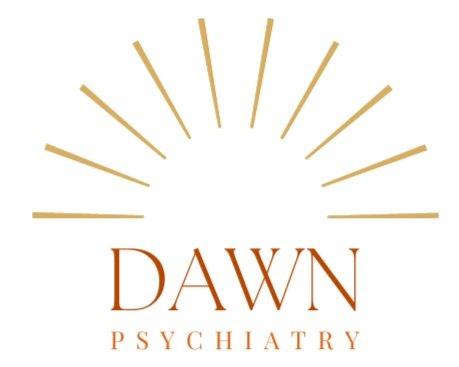Playful Pathways to Healing: The Role of Play Therapy in Childhood Trauma
Childhood trauma leaves profound imprints on mental health, often lingering long into adulthood. Let's navigate the intricate pathways of mental well-being, discovering how play therapy catalyzes healing and resilience.
“Play by its nature is a creative, spontaneous, and often pleasurable activity”
(Meersand & Gilmore, 2017, p. 19)
What Is Play Therapy?
Play therapy is a form of psychotherapy specifically to meet the developmental needs of children. It uses play as a medium for communication and expression, allowing children to explore their thoughts, feelings, and experiences in a safe and supportive environment.
At its core, play therapy recognizes that play is the natural language of children, through which they make sense of their world, express themselves, and work through challenging emotions and experiences. By engaging in play activities such as drawing, storytelling, role-playing, and imaginative play, children can communicate their innermost thoughts and feelings without the need for verbal expression.
What Are the Benefits?
The goal of play therapy is to help children process their experiences, develop coping skills, enhance self-esteem, improve communication and social skills, and ultimately, achieve emotional healing and growth.
Here are some of the key benefits:
Emotional Expression: Play therapy provides children with a safe and non-threatening space to express their thoughts, feelings, and experiences. Through play, children can communicate complex emotions that they may struggle to articulate verbally.
Processing Trauma: For children who have experienced trauma, play therapy offers a gentle way to process their experiences and work through their emotions. Through play, children can reenact traumatic events, express their fears, and develop healthier coping mechanisms.
Developing Coping Skills: Play therapy helps children develop and strengthen coping skills to deal with life's challenges. By engaging in play activities, children learn to regulate their emotions, manage stress, and develop resilience.
Building Self-Esteem: Through positive reinforcement and validation from the therapist, children can build confidence and self-esteem in play therapy. As they experience success and mastery in play activities, they develop a sense of competence and self-worth.
Improving Communication: Play therapy enhances children's communication skills, both verbal and nonverbal. By expressing themselves through play, children learn to communicate their needs, thoughts, and feelings more effectively, which can improve their relationships with others.
Enhancing Social Skills: Play therapy provides opportunities for children to practice social skills such as sharing, taking turns, and problem-solving. Through group play therapy sessions, children learn to interact with peers, build friendships, and navigate social situations.
Fostering Creativity and Imagination: Play therapy stimulates children's creativity and imagination, allowing them to explore new ideas, perspectives, and possibilities. Through imaginative play, children can experiment with different roles, scenarios, and solutions to problems.
Promoting Emotional Regulation: Play therapy helps children learn to identify and regulate their emotions in a healthy way. By expressing and exploring their feelings through play, children develop a greater awareness of their emotions and learn coping strategies to manage them effectively.
Empowering Personal Growth: Play therapy empowers children to take an active role in their own healing and growth. By making choices and taking initiative in play activities, children develop a sense of agency and autonomy, which can carry over into other areas of their lives.
Supporting Family Relationships: Play therapy often involves collaboration with parents and caregivers to support the child's therapeutic journey. Through parent-child play sessions and family therapy, play therapy can strengthen family relationships, improve communication, and foster a supportive home environment for the child's continued growth and development.
Contact us today to schedule a comprehensive evaluation and take the first step towards a brighter tomorrow.
Contact Information:
Email: UshaBachani@DawnPsychiatry.com
Phone: (301) 338 8876
Fax: (301) 298 8255
Locations:
Columbia:
7310 Suite B Grace Dr, Columbia MD 21044
Timonium:
2324 W Joppa Road, Timonium, MD 21093
REFERENCES
Attachment and Trauma Network. (2020, May 12). Theraplay. Retrieved April 24, 2023, from https://www.attachmenttraumanetwork.org/theraplay/.
Ray, D. C. (2017). Advanced Play Therapy: Essential Conditions, Knowledge, and Skills for Child Practice. Routledge.

